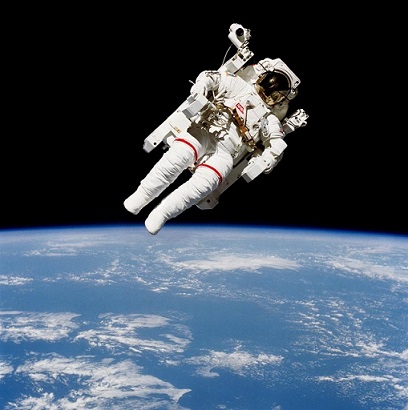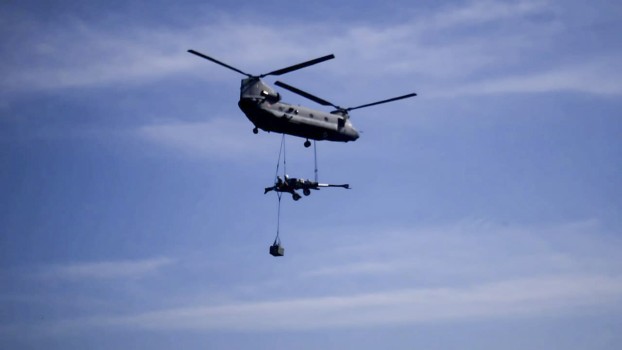
HYDERABAD (PTI): It was a proposal that reignited imagination and enthusiasm in the previous decade, but "resource constraints" have held back ISRO's human space flight venture for far too long as it does not figure in the top-priority list.
A S Kiran Kumar, who retired as ISRO Chairman earlier this month, says the space agency's priority continues to be strengthening its observation, communication and navigation capabilities.
"At this point of time, you can say it (human space flight) is not very high on priority," he told PTI.
More than a decade ago, at a meeting convened by ISRO, scientists were highly appreciative of the study undertaken by it on such a mission, and were unanimous in suggesting that the time is appropriate for the country to undertake the venture.
Such a mission, many space scientists say, would unleash a new wave of interest in attracting bright talent and take India's space programme to a totally different level, besides the "pride factor".
Kiran Kumar, in fact, agrees with the kind of huge positive impact that it would make, but made no secret that adequate resource is a key constraint. "You need resources, isn't it?"
When asked about reports that the cost of the project was estimated to be around Rs 8,000 crore to Rs 10,000 crore a decade ago, he said, "It's much more than that."
On whether the cost could have gone up to Rs 20,000 crore now, Kiran Kumar said even a decade ago, it was in that range, but hastened to add that he does not want to speculate and the actual cost is to be worked out.
"At this point of time, still in terms of priority if you see we still have to make sure that our basic capabilities of observation, communication, navigation, we need to significantly enhance our capacity and that will be the higher priority thing," he said.
Kiran Kumar said ISRO is working on some of the critical technologies for the human space flight, such as crew module and environmentally-controlled chamber.
"As you can visualise, the cost involved (for human space flight mission) will be more for the simple reason that there is a life involved in that. So, you cannot afford to take a risk that you would have taken if there was no life object in the activity," he pointed out.
"So, you have to make sure that your reliability levels become much higher. It's a question of not only building capacity but also ensure that safety requirements are met," he said.
"And all of this naturally is going to cost more. And then at some point of time, we as a country will have to make up our mind on how do we go ahead (with human space flight)," Kiran Kumar added.
"We have a finite resource, we need to put our resources in a manner, which is befitting and as per the demand. So, while technological capabilities towards realising these activities (human space flight) are continuing, getting into the act itself is dependent on how much resource we can make it available. This is the real issue", he said.
"We will be ready to take up and move in a next gear the moment the resources become available. We have to worry about it," Kiran Kumar said.
 Previous Article
Previous Article Next Article
Next Article













The Indian Air Force, in its flight trials evaluation report submitted before the Defence Ministry l..
view articleAn insight into the Medium Multi-Role Combat Aircraft competition...
view articleSky enthusiasts can now spot the International Space Station (ISS) commanded by Indian-American astr..
view article